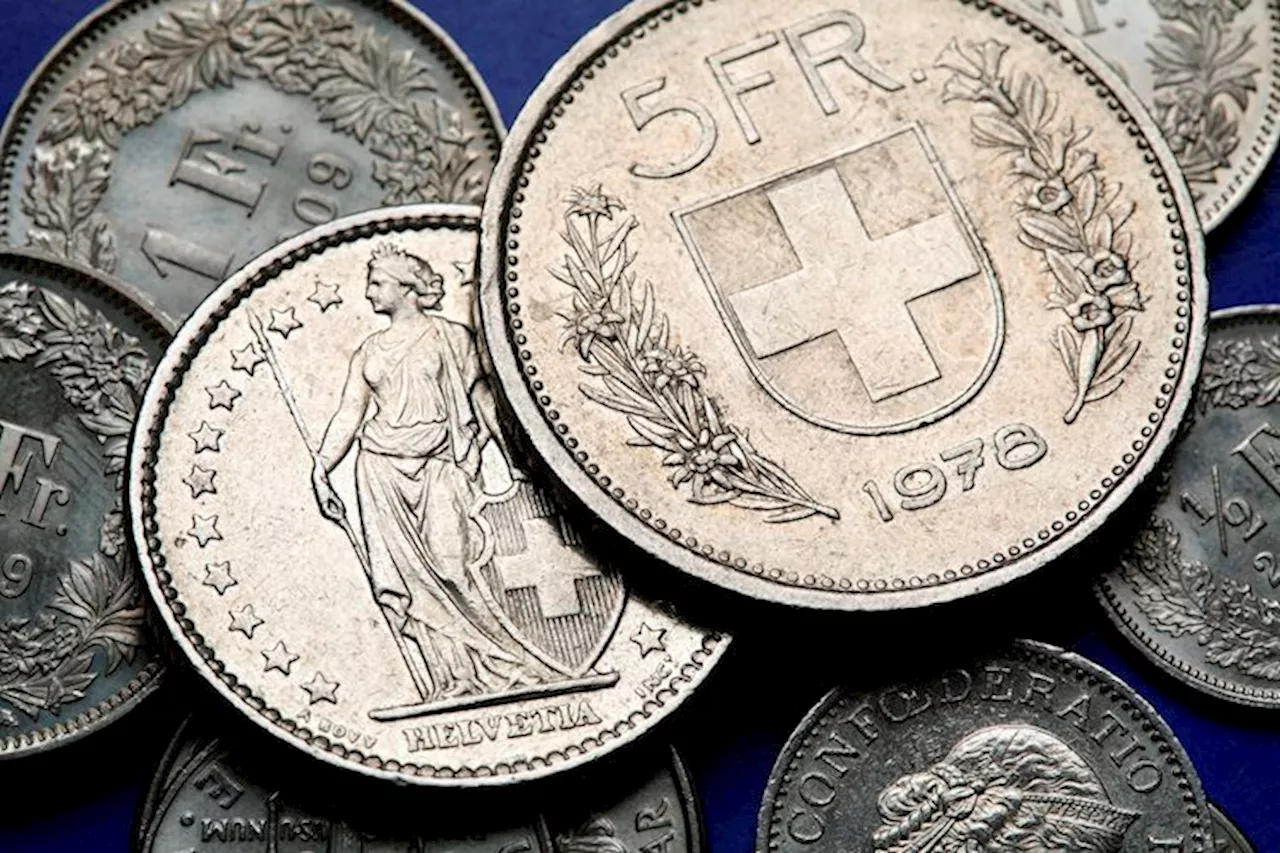The USD/CHF pair gained traction on Friday, driven by renewed US dollar demand and anticipation of the US January employment report. Meanwhile, escalating geopolitical tensions in the Middle East, sparked by Trump's comments on Gaza, are adding to market volatility and potentially boosting demand for the safe-haven Swiss Franc.
The USD/CHF pair edged higher to around 0.9060 during the early European session on Friday, adding 0.17% on the day. The renewed demand for the US Dollar provided some support to the pair. Investors are closely watching for the US January employment report, which is scheduled for later on Friday. This data is crucial as it could offer insights into the outlook for US interest rates.
A weaker-than-expected jobs report might lead to more dovish expectations regarding the Federal Reserve's policy, potentially undermining the US Dollar. Conversely, a positive surprise could reinforce the Fed's hawkish stance and boost the Greenback.Adding to the market's volatility is the escalating geopolitical tension in the Middle East. Following Trump's announcement of Israel potentially handing over Gaza to the United States after the conflict, there is concern about the potential for instability in the region. The wider implications of this proposal are being debated, with experts highlighting the potential for destabilization and catastrophic consequences for Gaza. Any escalation in tensions could drive investors towards safe-haven assets like the Swiss Franc (CHF).The Swiss Franc is often considered a safe-haven currency due to Switzerland's reputation for political and economic stability. The country boasts a strong export sector, large central bank reserves, and a long-standing policy of neutrality in global conflicts. During periods of market uncertainty, investors tend to flock to the CHF as a secure investment. The Swiss National Bank (SNB), which meets four times a year to determine monetary policy, plays a role in influencing the value of the Franc. The bank aims to maintain an annual inflation rate below 2% and uses interest rate adjustments to achieve this target. Higher interest rates generally strengthen the CHF, while lower rates tend to weaken it
USD/CHF US Dollar Swiss Franc Middle East Geopolitical Risk Safe Haven US Jobs Report Federal Reserve Swiss National Bank
United States Latest News, United States Headlines
Similar News:You can also read news stories similar to this one that we have collected from other news sources.
 USD/CHF Rises on Fed Minutes and Swiss Inflation SlowdownThe USD/CHF pair climbs to around 0.9115, fueled by a cautious approach to rate cuts signaled by the Federal Reserve (Fed) and slowing inflation in Switzerland. Traders anticipate less aggressive rate cuts from the Fed, supporting the US Dollar. Meanwhile, Switzerland's December inflation data reinforces expectations for further interest rate reductions by the Swiss National Bank (SNB), potentially weighing on the Swiss Franc.
USD/CHF Rises on Fed Minutes and Swiss Inflation SlowdownThe USD/CHF pair climbs to around 0.9115, fueled by a cautious approach to rate cuts signaled by the Federal Reserve (Fed) and slowing inflation in Switzerland. Traders anticipate less aggressive rate cuts from the Fed, supporting the US Dollar. Meanwhile, Switzerland's December inflation data reinforces expectations for further interest rate reductions by the Swiss National Bank (SNB), potentially weighing on the Swiss Franc.
Read more »
 USD/CHF rises to near 0.9050 as US Dollar advances due to tariff threats from TrumpUSD/CHF recovers its recent losses from the previous two sessions, trading around 0.9050 during the Asian hours on Tuesday.
USD/CHF rises to near 0.9050 as US Dollar advances due to tariff threats from TrumpUSD/CHF recovers its recent losses from the previous two sessions, trading around 0.9050 during the Asian hours on Tuesday.
Read more »
 USD/CHF Rises Amid US Trade TensionsThe USD/CHF pair surges over 0.33% as President Trump's tariff threats to Canada and Mexico bolster the US Dollar. Technical rebound observed as USD/CHF reclaims 0.9000 level. Potential upside trajectory towards 0.9152 and 0.9200.
USD/CHF Rises Amid US Trade TensionsThe USD/CHF pair surges over 0.33% as President Trump's tariff threats to Canada and Mexico bolster the US Dollar. Technical rebound observed as USD/CHF reclaims 0.9000 level. Potential upside trajectory towards 0.9152 and 0.9200.
Read more »
 USD/CHF holds positive ground near 0.9100, eyes on US PCE releaseThe USD/CHF pair trades with mild gains to near 0.9100 during the early European session on Friday.
USD/CHF holds positive ground near 0.9100, eyes on US PCE releaseThe USD/CHF pair trades with mild gains to near 0.9100 during the early European session on Friday.
Read more »
 USD/CHF: Will the Trendline Bounce Lead to Fresh Highs?Forex Analysis by MarketPulse (Zain Vawda) covering: US Dollar Japanese Yen, US Dollar Swiss Franc, US Dollar Index Futures. Read MarketPulse (Zain Vawda)'s latest article on Investing.com
USD/CHF: Will the Trendline Bounce Lead to Fresh Highs?Forex Analysis by MarketPulse (Zain Vawda) covering: US Dollar Japanese Yen, US Dollar Swiss Franc, US Dollar Index Futures. Read MarketPulse (Zain Vawda)'s latest article on Investing.com
Read more »
 USD/CHF Holds Steady Ahead of Key Economic ReleasesThe USD/CHF currency pair maintains a stable position as traders await crucial economic data from both the United States and Switzerland. The Fed's cautious monetary policy stance and the potential for USD strength are countered by ongoing inflation concerns and the anticipation of Swiss economic indicators.
USD/CHF Holds Steady Ahead of Key Economic ReleasesThe USD/CHF currency pair maintains a stable position as traders await crucial economic data from both the United States and Switzerland. The Fed's cautious monetary policy stance and the potential for USD strength are countered by ongoing inflation concerns and the anticipation of Swiss economic indicators.
Read more »
